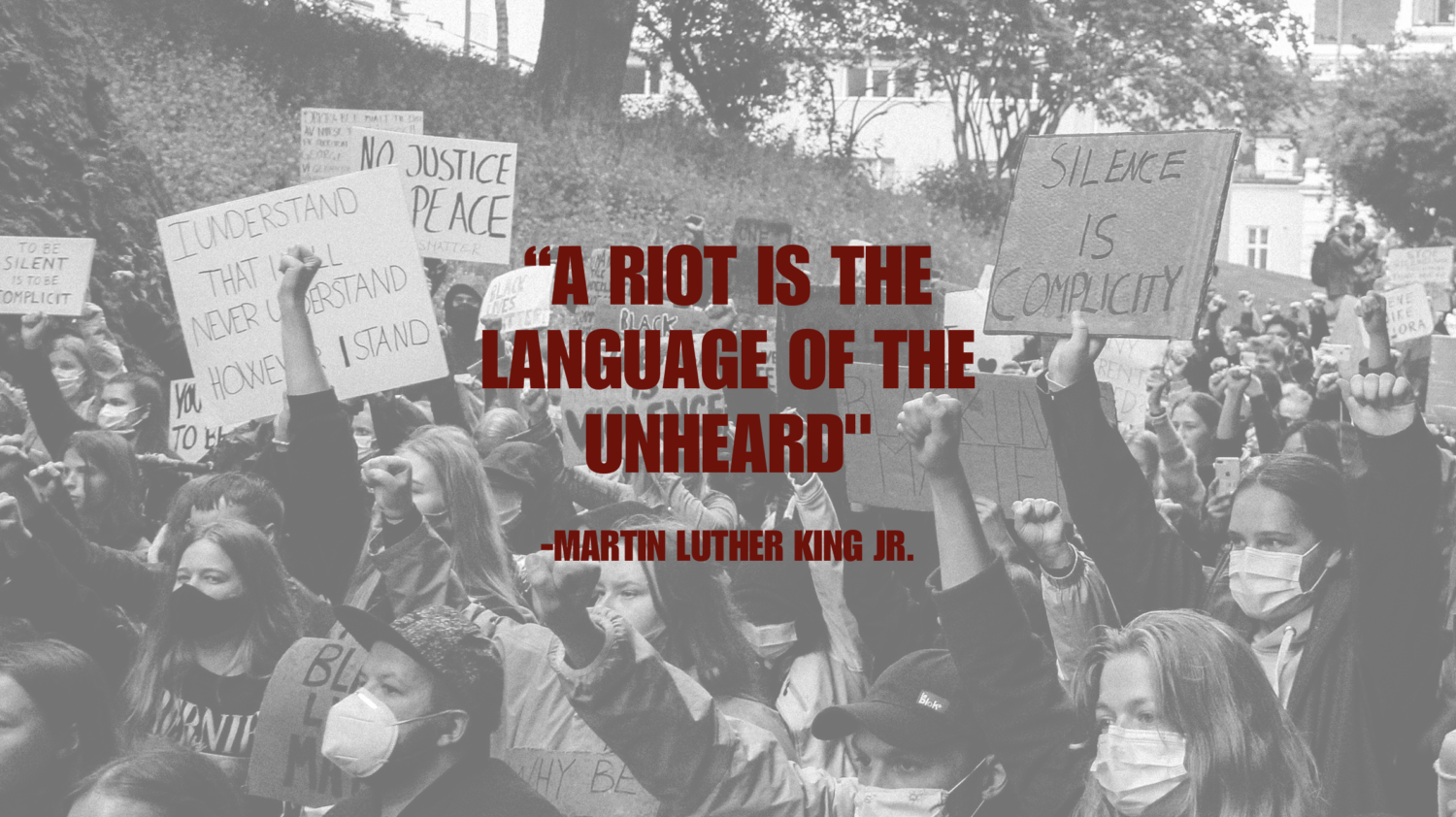In early June, we asked students who applied to the HPR’s Summer Fellowship what they understood journalism to be. “Journalism pulls back the curtains, turns on the lights, and allows events and people to tell their story,” Victor Bowker ’27 wrote. “Unlike other genres of writing,” Katia Anastas ’27 added, “journalism is designed to be accessible to the average citizen.” Isabella Lashley ’27 described the form as “the art of anticipating, crafting, and then telling a story that matters to people.” Just as no two responses featured the same words in the same exact order, no two applicants were synonymous with one another.
What did cohere many if not all answers was a commitment to the truth, an enduring faith in stories whose writers are not only resourceful but principled when choosing which voices to cast in their journalistic chorus. It is difficult to find a piece of writing that does not in some measure place a person, idea, fact, or occurrence in conversation with another. Indeed, to write is not only to communicate to readers, but to bring sources and findings together in such a way that an entirely new conversation is brought to life. Perhaps the conversation you begin is one that ought to have existed already. It may introduce a courageously fresh take on a political dispute that past decades have reduced to a cliché. What matters is that each time you put pen to paper, a story is delivered from silence and thereby heard.
Associate Managing Editor Sophia Scott ’25 chose to begin her pitch for this magazine with a quote from Martin Luther King, Jr.: “In the final analysis, a riot is the language of the unheard.” It is when Scott places her own voice in conversation with King’s, however, that the ethos of this collection is best revealed: “Even though riots may seem particularly salient now, this pitch is not about protests or riots. It’s about how people who are unheard have pushed back against being relegated to the sidelines.” This iteration of our quarterly magazine challenged writers to put down their pens and listen before picking them up again, to identify the negative space that deserves to become a real presence in our political discourse.
And listen before writing they did. Kareem King ’23 begins “Gentrification and Displacement in Jamaica Plain: City Corruption and Tenant Neglect” not with his own voice but with four quotes from a letter campaign to the Boston Housing Authority by residents of the Mildred Hailey Apartments. In “Intervention in Iran: A Historical Take on the U.S.’ Response to Recent Protests,” Emily Willrich ’25 foregrounds the death of Mahsa Amini, whose life was likely cut short in retaliation against her choice of dress. Throughout “A Tale of Resistance: Queer Resilience Around the World,” Rhys Moon ’26 makes the case that queer liberation cannot be understood nor celebrated without tuning our ears to activists outside our borders and amplifying their voices “sincerely and authentically.” Mihaela Esanu ’23 sources from a deeply personal interview with her grandmother about the latter’s Siberian childhood in “Voices of the Deported: Forcible Soviet Transfers.” Emma de Jong ’26 draws an Orwellian comparison to Hong Kong’s free speech crisis to introduce “Omissions in History,” and later observes that “the sounds of debate no longer reverberate through the hallways” of her high-school.
“The Language of the Unheard” is dedicated not to the loudest voices in the room, but to those “our world has failed to hear.” It is a sobering reminder that though a voice ought to be a right, it is a privilege that few can exercise when and how they want. Truth may be omnipresent, but people are far from omniscient. Journalists are charged with separating the distance between what is there and what is known. Those who contributed to this cycle opened themselves up to what is often looked at only in passing and spoken of behind closed doors. For their clarity of conscience and decision to write not only with intelligence but also from the heart, I am deeply grateful. Special thanks to Liana McGhee ’25, Nurayn Khan ’26, and Amen Gashaw ’24, our Covers editors who approached each article with renewed care and purpose, and to Fawwaz Shoukfeh ’24, our managing editor without whom this publication would not be what it is.



